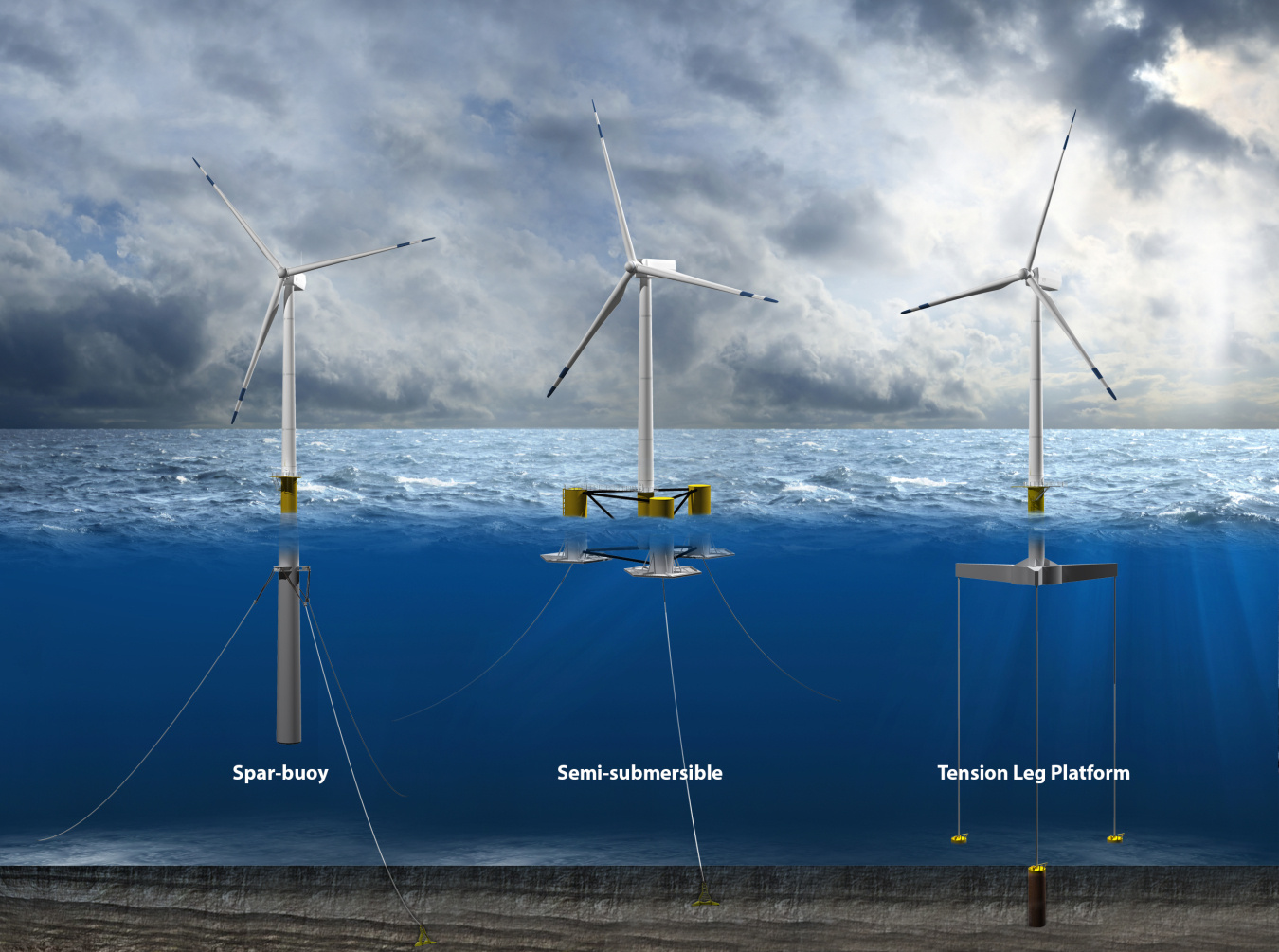Emphasis on impacts of local communities
Researchers at the University of Rhode Island have been awarded a $2.5 million U.S. Department of Energy grant to develop social impact markers that will help them and local communities measure the effects of offshore wind energy development.
David
Bidwell, associate professor in the Department of Marine Affairs and principal
investigator for the five-year research grant, said the funding will support
studies of three cities, New London, Connecticut; New Bedford, Massachusetts;
and a third to be determined.
Before
issuing the call for proposals, the federal energy agency held workshops to
identify research needs. Bidwell said social science research in communities is
time-consuming, but most social science studies are only funded for two to
three years.
“So it was really commendable that DOE came up with a five-year duration for projects,” Bidwell said. “We know that companies are going to make a lot of money from offshore wind development. People often say offshore wind is going to create jobs. It’s going to be good for economies. It’s good for ports’ development, and it’s good for training. But we need to actually follow along to see if all of that comes true. And so the goal of our project is to try to understand whether these benefits get distributed to communities.”
He
said since the Block Island offshore wind farm opened, “there’s been a really
rapid acceleration in interest in offshore wind farm development in the U.S.
Recently, there has been a lot of interesting talk about a concept called
energy justice as it surrounds offshore wind,” Bidwell added.
Energy
justice is a concept that considers the effects of energy development on
communities, including marginalized and low-income communities.
Bidwell says that energy justice has three parts: “recognition justice,” “distributive justice,” and “procedural justice.” Recognition justice has to do with identifying and respecting the range of communities that are affected by offshore wind developments.
Distributive justice is about how the benefits and
burdens of these projects are distributed through society. Procedural justice
speaks to the ability of residents to voice concerns and affect development
emerging in and around their communities.
President
Joe Biden seeks to provide the nation with clean electricity by 2035, and has
pledged to reach a net-zero-emission economy by 2050. A part of this pledge
involves supporting researchers in their endeavors to develop reliable sources
of renewable energy.
Funded
through the President’s Bipartisan Infrastructure Law, the URI-based research
endeavor is one of 15 projects nationwide that have been selected by the Wind
Energy Technologies Office to receive federal funding. A total of $72 million
funded 29 projects across 16 states. The funding is focused on strengthening
the domestic supply chain and wind and water energy.
Under
Biden’s “Justice 40” or J-40 initiative for environmental justice, 40% of the
benefits from government-sponsored developments or other sectors should go to
disadvantaged communities, which the government defines as marginalized,
underserved and overburdened by pollution, Bidwell said.
Bidwell’s team will develop social indicators. “Indicators give you a way to measure concepts that are difficult to define. But we don’t know what the indicators are for energy justice.
For example, for people living near a port, the availability
of good jobs might be an indicator of justice. That is what this project
is doing, working directly with these port-adjacent communities to develop
energy indicators and then track them over time,” Bidwell said.
Offshore
wind development could result in increased noise, gentrification, and
increasing rents.
“What
we know in the U.S. is that ports are often surrounded by low-income or
communities of color. And if you look at New Bedford or New London, you can
definitely see those dynamics,” Bidwell said.
But
wind turbine development can also result in an increase of employment in a
given area and subsidize essential public works.
Recognition
of the ways in which communities are impacted by the development of offshore
projects is coming to the forefront of public consciousness, and according to
Bidwell, developers have become more aware that social acceptance of these
projects is becoming more important.
Bidwell
attributes this to a “growing awareness of the interface between the industry
and the shoreline.”
Alongside
Bidwell, the research team includes URI Associate Professor of Natural Resource
Economics Simona Trandafir, Ph.D. student Shannon Howley, URI undergraduate
Energy Fellows, and researchers from the University of Delaware and Boston
University’s Institute for Global Sustainability. Community partners include
the NAACP New London Branch and the Old Bedford Village Development Corp.
in New London.
Another
research project overseen by Bidwell is backed by a $200,000 grant from the
Northeast Sea Grant Consortium. This research, pertaining to similar issues
faced by local communities as offshore wind farms are developed, is focused on
perceptions of energy justice dimension in New Bedford and New London, as well
as Martha’s Vineyard, Narragansett and East Hampton, New York.
The
team hopes findings of these research projects will be used by the DOE, other
agencies, and communities to shape future developments.
Bidwell
is enthusiastic about the spotlight that funding for this research has put upon
the link between social science and energy. “We need to follow along and see,
do these things really benefit communities?” says Bidwell.
“Who’s
winning? Who’s losing?”
This
story was written by Samantha Melia, a senior journalism and political science
major at the University of Rhode Island and an intern
